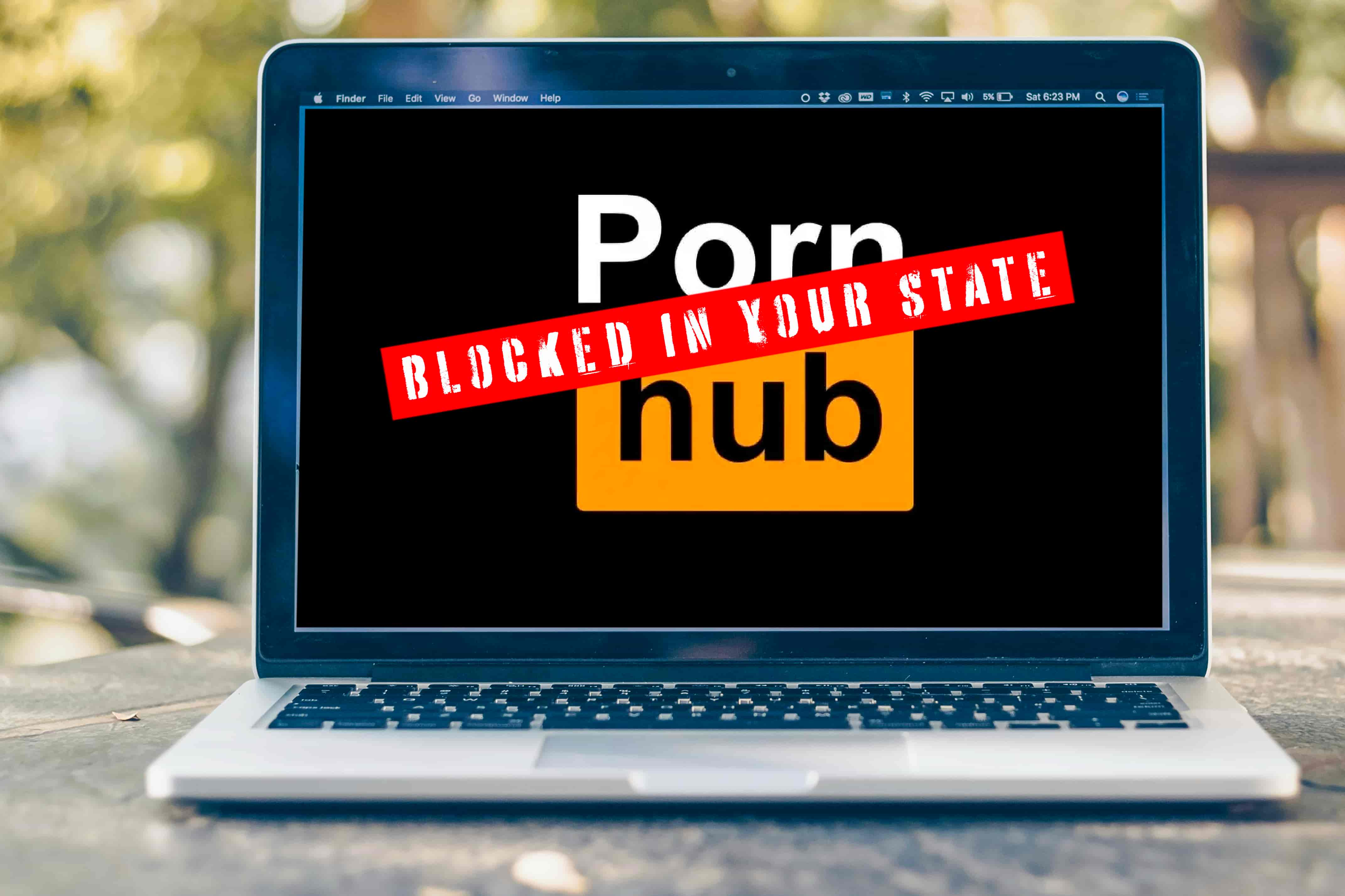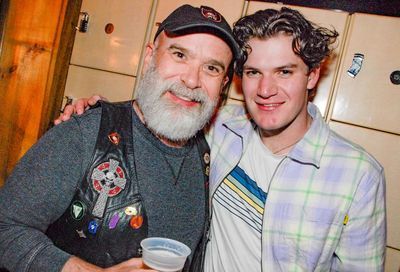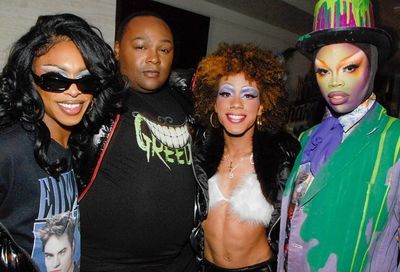Mississippi’s “religious freedom” law to be appealed to Supreme Court
Anti-LGBTQ "right of refusal" law is slated go into effect on Friday, Oct. 6

The attorneys in a case challenging Mississippi’s “religious freedom law” have announced they will appeal to the U.S. Supreme Court after the 5th U.S. Court of Appeals denied their en banc petition asking all judges on the court to rehear the case.
The law being challenged, known as HB 1523, sets forth a certain set of religious or moral beliefs opposing homosexuality, transgenderism, and same-sex marriage and allows individuals and businesses to use those beliefs as justification for refusing to provide goods or services to LGBTQ people.
When the law was first challenged in the courts, U.S. District Court Judge Carlton Reeves issued a preliminary injunction blocking the law from taking effect. Reeves found that the law violated both the Fourteenth Amendment’s Equal Protection Clause and the First Amendment’s establishment Clause because it favors and elevates certain religious beliefs over others — namely, those that demonstrate animus toward the LGBTQ community.
Reeves’ decision was appealed to the 5th Circuit, which reversed his injunction based on the argument that the plaintiffs lacked standing to sue. Because the law had yet to go into effect, a three-judge panel ruled, LGBTQ plaintiffs could not claim to have suffered damage under the law. Equality advocates subsequently asked for the en banc hearing, which was denied last Friday, with two judges on the Circuit dissenting.
“This is an unfair and unconstitutional law, and we are taking our claim to the Supreme Court,” Rob McDuff, an attorney for the plaintiffs, said in a statement explaining why his clients are appealing. “People should not have to live through discrimination in order to challenge it.”
In a dissenting opinion, Judge James Dennis,, joined by Judge James Graves, harshly criticized the 5th Circuit for “abdicat[ing] its mandate to decide the substantive claims raised by the plaintiffs,” who include 13 LGBTQ individuals, a the Joshua Generation Metropolitan Community Church, and the Campaign for Southern Equality.
Dennis noted that the 4th U.S. Circuit Court of Appeals had previously found that a Muslim permanent resident was allowed to challenge President Trump’s order banning immigration from six Muslim-majority countries, based on the concept that the order violated the Establishment Clause by sending a state-sanctioned message condemning his religion. Similarly, the 5th Circuit’s refusal to rehear the case “falls into grievous error, unjustifiably creates a split from our sister circuits, and rejects pertinent Supreme Court teachings,” denying Mississippi residents “a forum in which to challenge the evils against which the Establishment Clause was designed to protect.”
Former U.S. Solicitor General Don Verrilli and attorney Paul Smith, who argued the case of Lawrence v. Texas, which declared state sodomy laws unconstitutional, before the Supreme Court, have joined the appeal, along with McDuff, the Mississippi Center for Justice, and Lambda Legal.
“We are appealing to our nation’s highest court to make sure that attempts by state legislatures to defy the law of the land and trample the rights of LGBT people are blocked for good,” Susan Sommer, director of constitutional litigation at Lambda Legal, said in a statement. “Mississippi’s HB 1523 creates a toxic environment of fear and prejudice. Along with other anti-LGBT laws across the country like those in North Carolina and Texas, these laws are a pack of wolves in sheep’s clothing, dressing up discrimination and calling it religious freedom.”
The ACLU of Mississippi, which is not involved in the lawsuit, nonetheless released a statement condemning HB 1523, which is set to officially take effect on Friday, Oct. 6.
“HB 1523 is the most repugnant law of its kind in the United States,” said Jennifer Riley Collins, the organization’s executive director. “It is aimed at targeting the LGBT community, but it also affects everyone who calls Mississippi home or travels through our state….This discriminatory law needlessly pits neighbor against neighbor and deprives Mississippians equal access to ordinary government services to which hard-working members of our state are entitled.”
Support Metro Weekly’s Journalism
These are challenging times for news organizations. And yet it’s crucial we stay active and provide vital resources and information to both our local readers and the world. So won’t you please take a moment and consider supporting Metro Weekly with a membership? For as little as $5 a month, you can help ensure Metro Weekly magazine and MetroWeekly.com remain free, viable resources as we provide the best, most diverse, culturally-resonant LGBTQ coverage in both the D.C. region and around the world. Memberships come with exclusive perks and discounts, your own personal digital delivery of each week’s magazine (and an archive), access to our Member's Lounge when it launches this fall, and exclusive members-only items like Metro Weekly Membership Mugs and Tote Bags! Check out all our membership levels here and please join us today!























